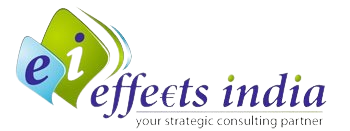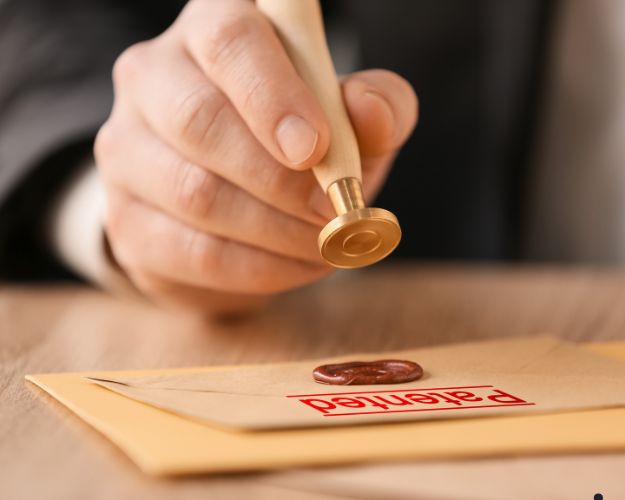
Effects India, where professionalism meets excellence. Established in 1995, we have built a reputation for delivering comprehensive consultancy services across diverse industries. Our team comprises dedicated professionals including Company Secretaries, Chartered Accountants, Advocates, Solicitors, Management Professionals, and IT Experts, all committed to providing top-notch solutions tailored to your business needs.
Contact Information
+91-11-49901507
+91 9871290287
+91 8285045877
info.effectsindia@gmail.com
info@effectsindia.com
www.effectsindia.com
CIN No: U65921DL1995PTC223155
E-8/1, LGF, Near Geeta Bhawan Mandir, Malviya Nagar, New Delhi-110017
© 2024 effectsindia.com by KhatuShyam Technologies. All Rights Reserved.




